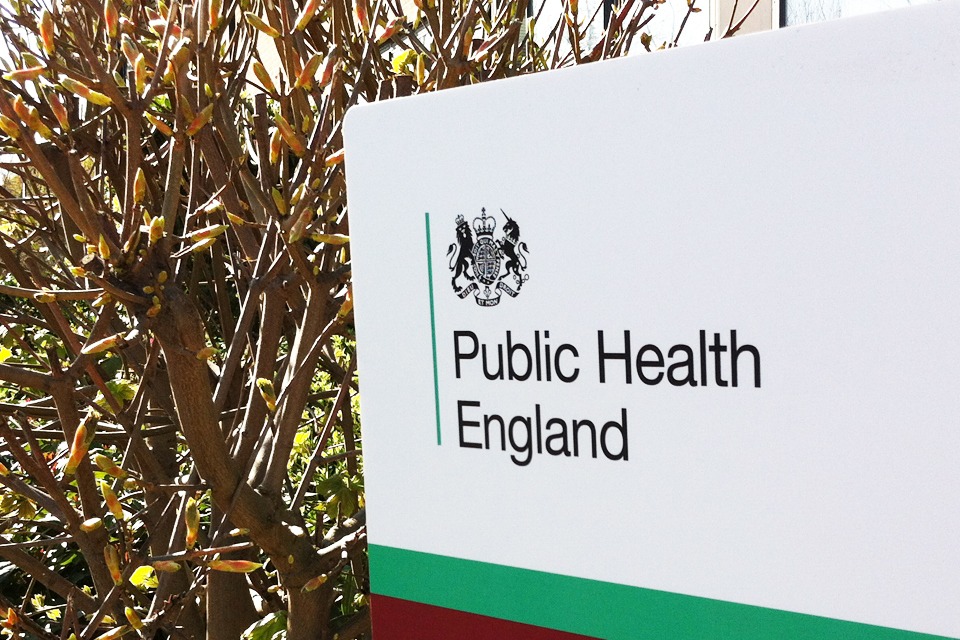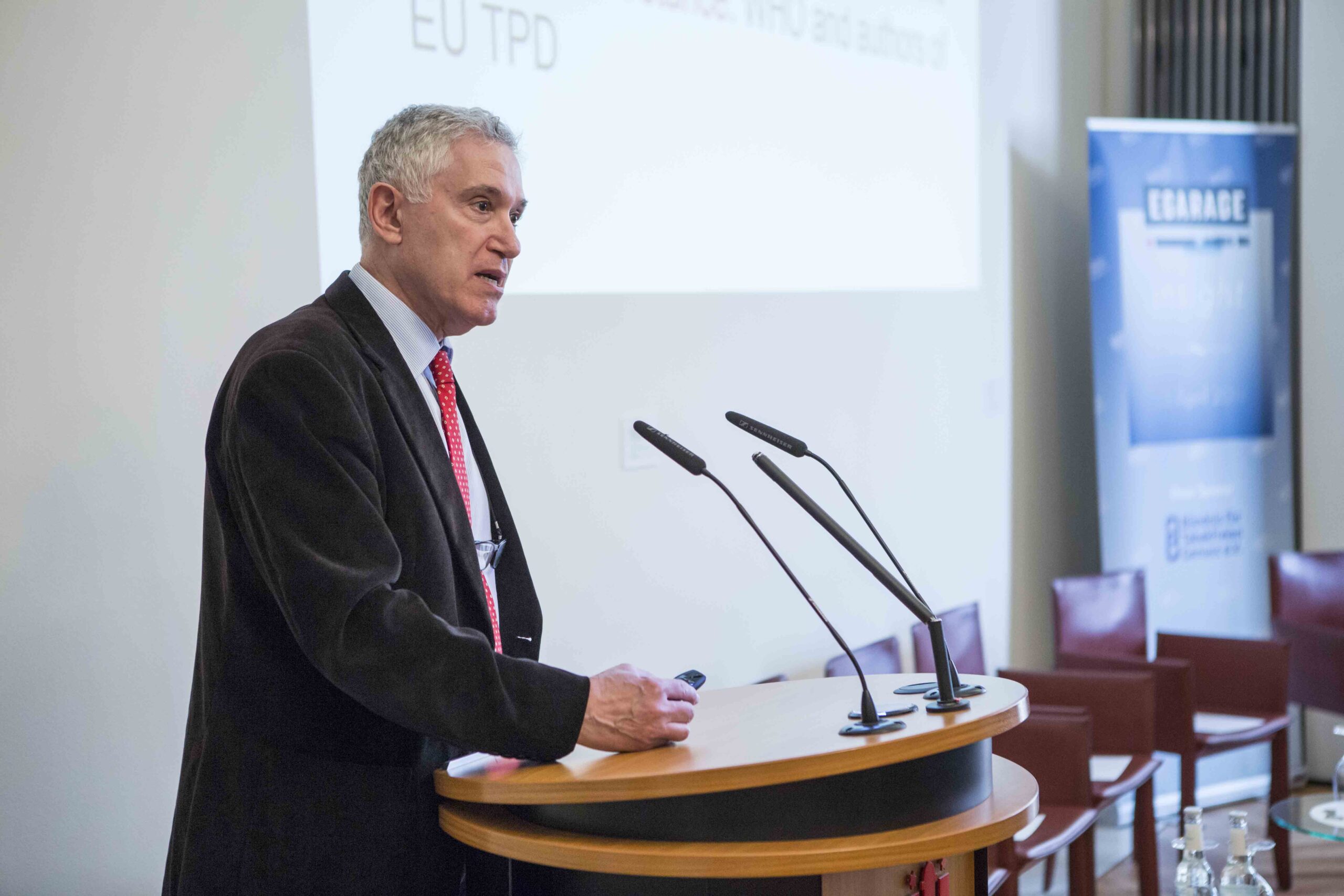Quit Right
Tower Hamlets
About Us
Our Delivery & Approach
Quit Right Tower Hamlets was formerly known as the ‘Bangladeshi Stop Tobacco Project’. It was an innovative, pioneering service providing culturally sensitive support for people who could not access mainstream stop-smoking services due to language and cultural barriers.
Quit Right Tower Hamlets is the specialist tobacco cessation service for the borough, providing state of the art stop smoking medications and clinical expertise to aid members of community overcome tobacco addiction.

The BME Stop Tobacco Project
The specialist tobacco cessation service for the borough provides state-of-the-art stop-smoking medications and clinical expertise to aid members of the community overcome tobacco addiction. The service was formed in August 2017 via the merger of two independent services: The BME Stop Tobacco Project and the Tobacco Dependence Research Unit.
The Queen Mary University of London has been researching and providing tobacco cessation services for the last 25 years in response to the high prevalence of smoking within the local community and wider UK.
They also pioneered stopping tobacco chewing amongst Bangladeshi women and smoking cessation among Bangladeshi men, and the similar prevalence of smokeless tobacco use among Bangladeshi women. Formerly known as the ‘Bangladeshi Stop Tobacco Project’, The project was the first of its kind, offering gender-specific advisors who accommodated the cultural and religious issues and sensitivities faced by patients who may prefer same-sex advisors and language support. Advisors offered nicotine replacement products to smokeless tobacco users to assist them in quitting.
Tobacco Dependence Research Unit
The Tobacco Dependence Research Unit has formed almost 20 years ago and is one of the founders of the European Centre of Excellence in Clinical Tobacco Research. Under the direction of Professor Peter Hajek, the Unit was involved in the first published trials of several treatments now used globally and was instrumental in developing withdrawal-oriented treatment of tobacco addiction, now the primary approach used by the UK Specialist Stop Smoking Service, which treats over 600,000 smokers per year.
The Unit’s research has been instrumental in establishing current clinical practice and guidelines for treating tobacco dependency in the UK and worldwide.
Pioneering Research
Recently, the Unit has been at the forefront of research that has informed Public Health England’s recognition of the tremendous potential for e-cigarette use to reduce smoking prevalence and addiction.
We are proud that many breakthrough advances in tobacco cessation theory and practice were pioneered in Tower Hamlets. Quit Right Tower Hamlets synthesises the TDRU’s and BME’s individual expertise into a single focus. Each service has worked for over two decades in Tower Hamlets and built an exemplary track record of tobacco cessation success among local service users. Quit Right Tower Hamlets is, therefore, able to offer an unparalleled level of expertise and experience to its service users.
World Leading Research
The Health and Lifestyle Research Unit
The Health and Lifestyle research unit (HAL) conducts research in tobacco dependence and in weight management. Led by Professor Peter Hajek, HAL is one of the leading smoking cessation research centres globally. Its work has informed the establishment of the National Stop Smoking Service, a series of NICE guidelines, and clinical practice worldwide. Weight management research is a more recent addition to HAL’s work. The focus is on evaluating interventions that, if effective, can be disseminated economically on a large scale. The current main research funders are NIHR and CRUK.
The Wolfson Institute of Population Health
The Wolfson Institute of Population Health was formed in August 2021, merging the former Wolfson Institute of Preventive Medicine (founded in 1991) and the Institute of Population Health Sciences (founded in 2019). The Institute is a part of Queen Mary’s medical faculty, Barts and The London School of Medicine and Dentistry, and delivers internationally recognised research and teaching in population health.

The work of our researchers and educators has had a significant impact on lives across the world. We provide integrated teaching and training opportunities delivered by leaders in the field. By sharing knowledge and pushing the boundaries of research, we will continue to advance population health and preventive medicine on a global scale.
— Professor Fiona Walter, Director, Wolfson Institute of Population Health






